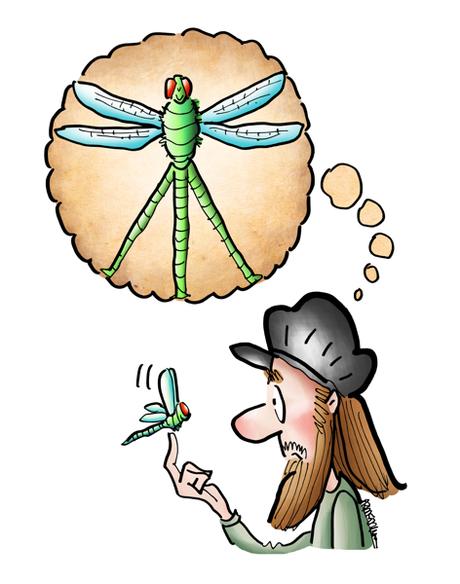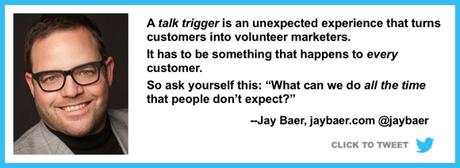Take Leonardo da Vinci. Yup, the guy who painted the Mona Lisa and The Last Supper.
He was curious about everything. And very observant. And he wasn’t afraid to let his imagination run wild.









He was curious, observant, and imaginative.
Here’s the good news, courtesy of Leonardo biographer Walter Isaacson: we can all cultivate those same traits. It requires effort, but we can choose to be curious, observant, and imaginative.

Creatives and marketers share the same challenge: how to come up with ideas and create work that gets people’s attention and prompts them to take action: to read, buy, subscribe, hire, commission, etc.

If you sell a product or service, you need to market yourself. One way to demonstrate your expertise is to write a blog.
But how do you come up with ideas?
You do what Leonardo did:

Stay curious: be open to learning new things.

Be observant: we miss things that are right under our nose.

Be imaginative: ask yourself how you can use something in a new way.





I asked if they knew where I could get some. Turns out they sold dirt. (No mention of it on their website– I checked before calling.)

They explained the difference between loam and compost, and how you could mix them in different ratios.

I learned a lot. I thought: it’s a perfect blog topic: interesting in itself, and it would clearly demonstrate expertise.

But they took it all for granted, and just assumed people knew they sold it.

Brands hit it big when they come up with something that gets people talking and creates word-of-mouth.
Marketing expert Jay Baer calls them talk triggers: something unexpected that happens to every customer, and prompts them to become volunteer marketers.




We’re used to getting store receipts with some coupons attached. But if you belong to CVS’ Extra Care Membership Club, you get a mile-long receipt no matter what you buy– even if it’s just a pack of gum.

And people love it. They tweet about their receipts, and post stories, photos, and videos on social media. It’s word-of-mouth advertising that keeps on giving.

I love Jay’s good-humored delivery. He knows entertainment and learning are natural allies. You can watch the entire podcast below.


You might argue: CVS is a huge company. They’ve got a lot more resources than I do. But that doesn’t apply here.

They were curious: what undiscovered possibilities are there?

They were observant: what happens during the in-store customer journey?

They were imaginative: can we somehow tweak the lowly receipt?

In other words, they channeled Leonardo– and you can, too.

Closing thoughts:

In his biography of Leonardo, Mr. Isaacson makes the following points:

1. Being curious, observant, and imaginative doesn’t just happen– it requires effort.
2. Leonardo made lists of subjects he wanted to explore: write stuff down.
3. Observation is more than looking; you need to process your observations, think them through.

4. Imaginative leaps don’t just happen; you have to allow facts and ideas to simmer.
5. Leonardo kept notebooks; observations need to be recorded: don’t trust them to memory.

